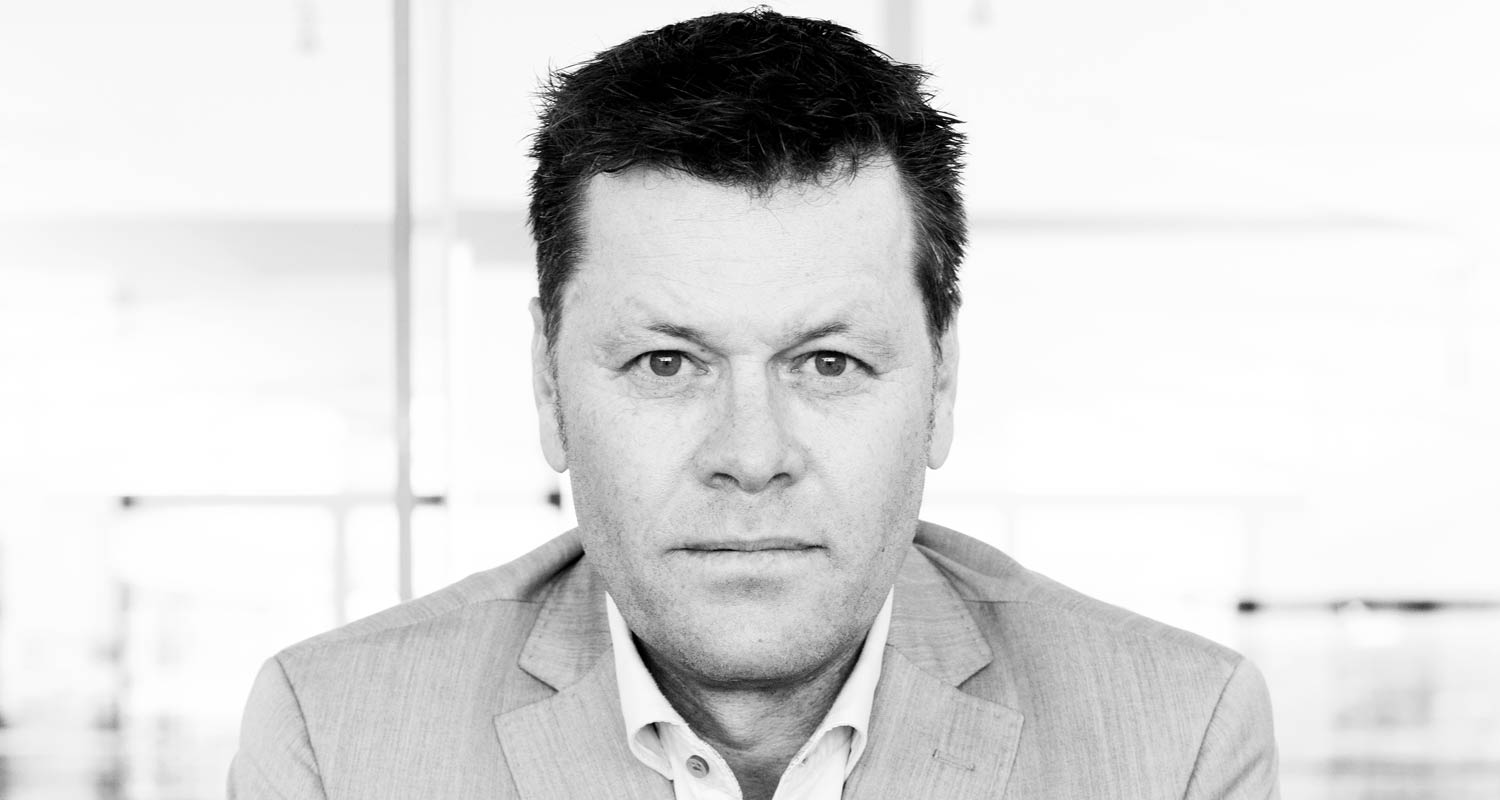The apparent threat by Taiwanese officials to impose microchip export restrictions on South Africa is likely unenforceable. Most of the electronic equipment sold in South Africa featuring Taiwanese-made chips is imported from other jurisdictions, and not directly from Taiwan.
According to Axiz CEO Craig Brunsden, there are regional supply chain consequences to consider, too.
“I seriously doubt Taiwan would impose an export ban on South Africa,” Brunsden said in response to a query by TechCentral. “South Africa would have to be internationally embargoed or there would have to a strong bilateral reason why to stop trade with South Africa. Most cargo for Southern Africa comes via South Africa anyway, so any move would affect the whole region.”
According to a News24 report on Wednesday, the Taiwanese government – home to the world’s largest manufacturer of semiconductor chips, TSMC – is mulling the possibility of imposing a chip curb on South Africa after the government renamed and downgraded the Taiwanese mission offices in Pretoria and Cape Town.
“In response to the South African government’s brutal actions, the ministry of foreign affairs, based on the principle of safeguarding sovereignty and national dignity, is currently discussing countermeasures with relevant ministries and agencies, including restricting chip exports to South Africa,” said Phillipe Yen, director-general of West Asian and African affairs in Taiwan’s foreign affairs ministry.
TSMC does not design any of its own chipsets, but manufacturers them for some of the largest hardware companies in the world, including Apple, Nvidia, AMD, Qualcomm, MediaTek, Broadcom and, to a lesser extent, Intel.
Wide range of products
When any of these companies commission chips from TSMC, the semiconductor manufacturing giant has no knowledge or control over which products those chips will be used in or where those products will be shipped to.
In South Africa, chips manufactured at TSMC’s fabrication plants are found in Apple iPhones, Nvidia graphics cards and AI systems, Intel- or AMD-powered laptops and desktops, Android phones using Qualcomm or MediaTek silicon, and various other devices including modems, routers and set-top-boxes where Broadcom is a significant player.
Read: Honey, I shrunk the chips – inside TSMC’s 2nm breakthrough
These products are either imported directly from regions where the producers have an assembly plant like China or India, or routed through a regional corporate subsidiary. Apple products sold in South Africa, for example, are imported from Ireland. Taiwan does not have the authority to enforce a chip ban to South Africa from any of these jurisdictions.
“Not that much comes out of Taiwan as a finished product. The way the PC market works is all the semiconductors are sold to assembly factories in Indonesia or China, so that is not a high risk at the moment,” said Brunsden.

Another area where the threat of a chip curb looms large is the automotive sector, where chips are used to control everything from in-car entertainment systems to the button that moves a passenger’s seat into their preferred position. The largest car manufacturing plants in South Africa include Toyota’s in Durban, Volkswagen’s in Gqeberha, BMW’s in Pretoria and Mercedes-Benz’s in East London.
Here, the enforceability of a chip curb is also questionable since the automotive sector does not buy its chips directly from manufacturers like TSMC. So called tier-1 distributors acquire chips from TSMC and the like. Automotive manufacturers make deals with the distributors at a global level to preserve economies of scale and keep costs down, and they then ship chips to their various subsidiaries around the world.
Speaking to TechCentral on Friday, Ryan Smith, the Democratic Alliance’s spokesman for international relations, said large multinationals – like the vehicle manufacturers – have room to adjust their supply chains in the event of a chip restriction, in much the same way they have responded to tariffs by US President Donald Trump in many markets around the world. The real impact of a chip curb would be felt by small and medium-sized South African businesses reliant on direct imports from Taiwan, Smith said.
The choice to downgrade the Taiwanese mission aligns with the department of international relations’ adherence to the “One China” policy. Ryan said it is not in South Africa’s interests as an emerging economy to alienate any of its trading partners, including Taiwan.
Read: What Microsoft’s R5.4-billion AI investment means for South Africa
“We are a small, emerging market economy, so we don’t have the luxury to choose who we trade with – we have to trade with everyone. Government has expressed on public platforms numerous times that we have a non-aligned position. If we are non-aligned, we have to be non-aligned on trade as well,” said Smith. – © 2025 NewsCentral Media
Get breaking news from TechCentral on WhatsApp. Sign up here.



